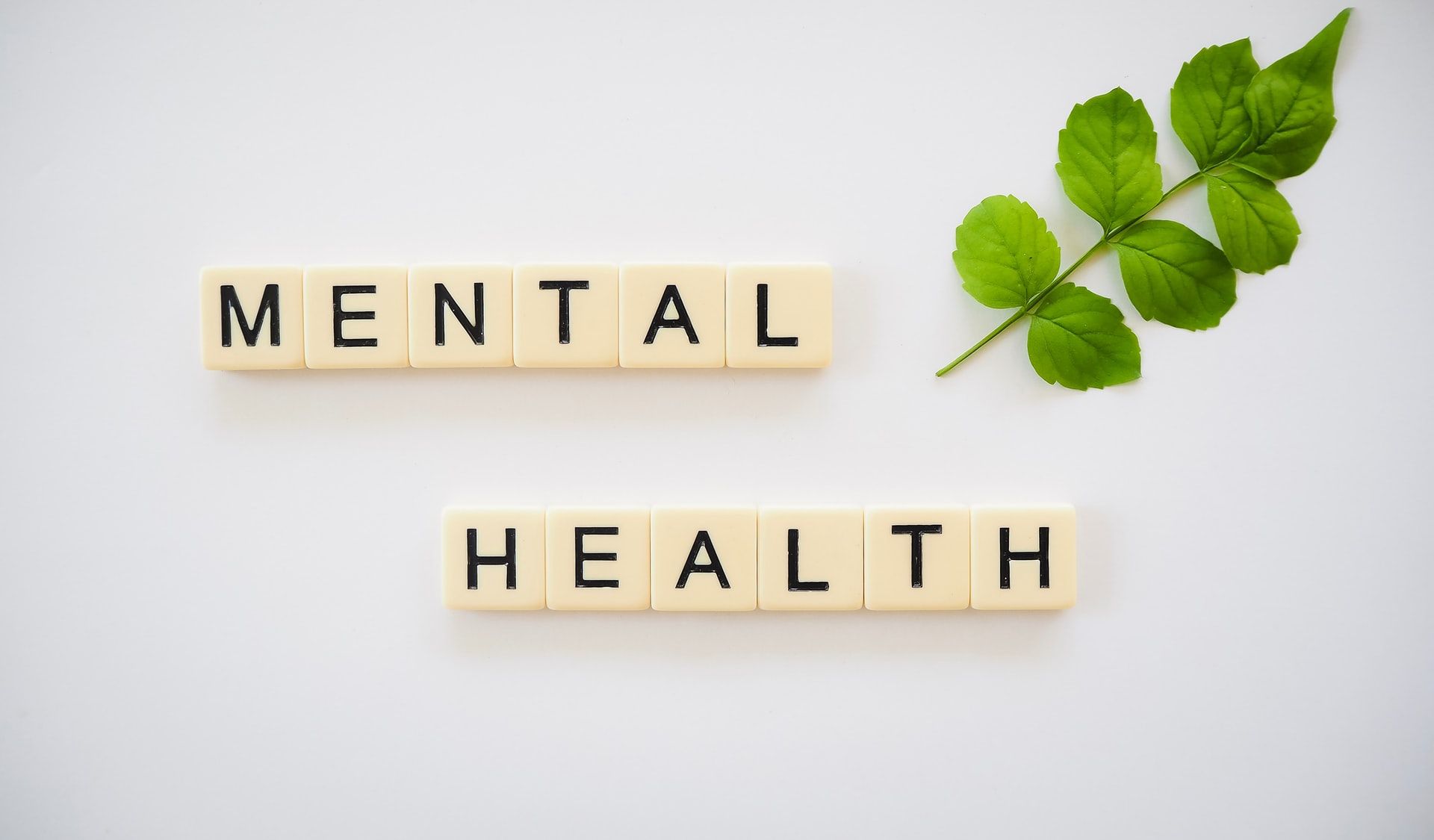What is Mental Wellness Month?
January has been designated as Mental Wellness Month as an effort to recognize the importance of attending to our mental health, especially seeing the vast prevalence of mental health issues and disorders that exist in our world. Further, mental health issues have long been stigmatized in many cultures including our own. Thankfully and in part due to research, the emphasis that mental health is just as important as physical health is an idea that has been seen rippling through popular culture.
Psychological impact.
In understanding mental health issues, it is also important to recognize that we are not alone. The following statistics taken from the National Alliance on Mental Illness (NAMI) website illustrate this:
- 1 in 5 U.S. adults experience mental illness each year.
- 1 in 20 U.S. adults experience serious mental illness each year.
- 1 in 6 U.S. youth aged 6-17 experience a mental health disorder each year.
- 50% of all lifetime mental illness begins by age 14, and 75% by age 24.
- Suicide is the 2nd leading cause of death among people aged 10-34 (NAMI, 2021).
What does it look like to be mentally well and how to work towards it?
Mentally well people generally feel a sense of contentment with their lives, have a strong support system, feel that they have control over their situation, and attend to their physical and mental needs. The following suggestions are merely some ways we can move towards being mentally well:
One way of working towards mental wellness is through connecting with mental health professionals. Having the support of a therapist and/or psychiatrist has the potential to benefit anyone, regardless of if we have a diagnosis. Many people seek mental health services when grieving or facing a difficult point in life. Others seek help to manage symptoms of mental health disorders with use of medication prescribed by a psychiatrist. Both are valid!
Research also indicates that expressing gratitude can improve our general sense of well-being, especially pertaining to our mood (Emmons & McCullough, 2003). We can practice gratitude through a simple thought journal where we make an intention to note aspects of our life that we are thankful for. We can also express gratitude directly to other people. Gratitude helps us focus on the positive aspects of our lives in a way that makes those positive aspects more salient to us.
Strengthening our social connections can also help us feel more supported, enhancing our sense of wellbeing. Connecting with friends, family, and those in the community foster meaningful human connection and can make us feel good; research indicates that having perceived stronger and meaningful connections with others can help improve our mental health (Korb, 2015).
We know that exercise is recommended for improving our physical health but has also been researched and observed to have positive benefits on mental health. It increases endorphins in our bodies, which help us effectively cope with stress and pain. Further, when we exercise, studies show that this can in turn positively impact our sleep cycles, enhancing our quality of sleep (Korb, 2015). Exercise can look different for each of us depending on our ability status and the time we are allotted with our various responsibilities, but finding ways to integrate exercise into our schedules is recommended.
Sleep is essential to our mental and physical wellbeing. Making sure that we get an adequate amount of sleep helps us cope with stress better, has a positive effect on memory, and improves mood (Korb, 2015). The Centers for Disease Control and Prevention suggests adults acquire around 7 hours of sleep per night (CDC, 2017). Sleep hygiene is a term we are suggested to get familiar with and describes good sleep habits that can help improve sleep quality.
Utilizing these mental health-enhancing practices can help us bolster our mental wellness, not just during Mental Wellness Month but everyday.
References
Centers for Disease Control and Prevention. (2017). CDC – sleep hygiene tips – sleep and sleep disorders. Centers for Disease Control and Prevention. Retrieved November 19, 2021, from https://www.cdc.gov/sleep/about_sleep/sleep_hygiene.html.
Emmons, R., & McCullough, M. (2003). Counting blessings versus burdens: An experimental investigation of gratitude and subjective well-being in daily life. Journal of personality and social psychology. Retrieved October 28, 2021, from https://pubmed.ncbi.nlm.nih.gov/12585811/.
Korb, A. (2015). The upward spiral: Using neuroscience to reverse the course of depression, one small change at a time. New Harbinger Publications.
National Alliance on Mental Illness. (2021). Mental health by the numbers. NAMI. Retrieved November 19, 2021, from https://www.nami.org/mhstats.

